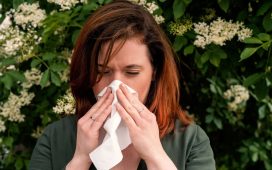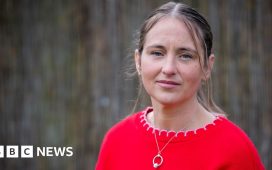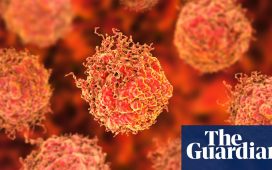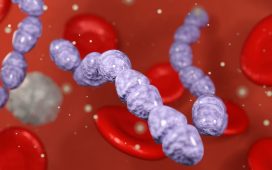Doctors have written to the Health Secretary warning that last summer’s deadly heatwave could be the “new normal” for NHS workers who treated patients suffering in intense heat. It caused thousands of deaths while other people suffered severe dehydration, pressure sores, and cardiac arrests because of extreme temperatures.
Some NHS hospitals cancelled elective surgeries in July when temperatures reached a record 104.5F (40.3C).
Dr Matt Kneale, co-chair of Doctors’ Association UK, said: “As doctors, our guiding principle is to ‘do no harm,’ and ignoring the impact of climate change on human health would be a direct violation of that essential tenet of medicine.”
The letter was signed by Dr Matthew Lee sustainability lead at Doctors’ Association UK, Dr Amy McDonnell, director of campaign group Zero Hour, and Dr Richard Smith, chair of the UK Health Alliance on Climate Change.
The letter said: “Over 3,000 excess deaths were recorded during these heatwave periods and – as NHS staff – we witnessed the effects first hand.
“Last summer’s events may now be a new normal for the NHS. We are treating patients with severe dehydration, electrolyte imbalances, pressure sores, smoke inhalation, burns, and sudden cardiac arrests because of intense heat.
“We discharge patients in the knowledge we will likely see them again because of inaction in tackling the dangers that made them ill; fully aware that, next time, they may not survive.
“We do all of this work in infrastructure wholly unfit for extreme temperatures, putting our own health at risk. For the sake of everyone’s health, as a country, we must do more.”
It will be delivered to Steve Barclay on April 27 as part of events calling attention to the environmental and health crises.
Health organisations want the Climate and Ecology Bill, a private members bill introduced by Green Party MP Caroline Lucas, to become law to help tackle the crisis.
The letter to Mr Barclay said: “Our window for action is closing. We have under a decade to make the necessary changes to prevent passing irreversible climate and biodiversity tipping points.
“We call on you, and your colleagues, to provide full transparency on the predicted effects of climate change on health, and to increase the UK’s ambition to give us the highest chance of securing a liveable future.”
It comes after health chiefs warned of risks to patient safety during the junior doctor strikes starting on Tuesday.
Julian Hartley, chief of NHS Providers, said the predicted number of cancelled and disrupted appointments will be “significantly higher” than last time.
He told BBC Radio 4’s Today programme: “We saw around 175,000 appointments cancelled, disrupted as a consequence of the last junior doctors’ action.
“This time it’s four days, not three, it’s in a holiday period, we anticipate that number will be significantly higher.”











